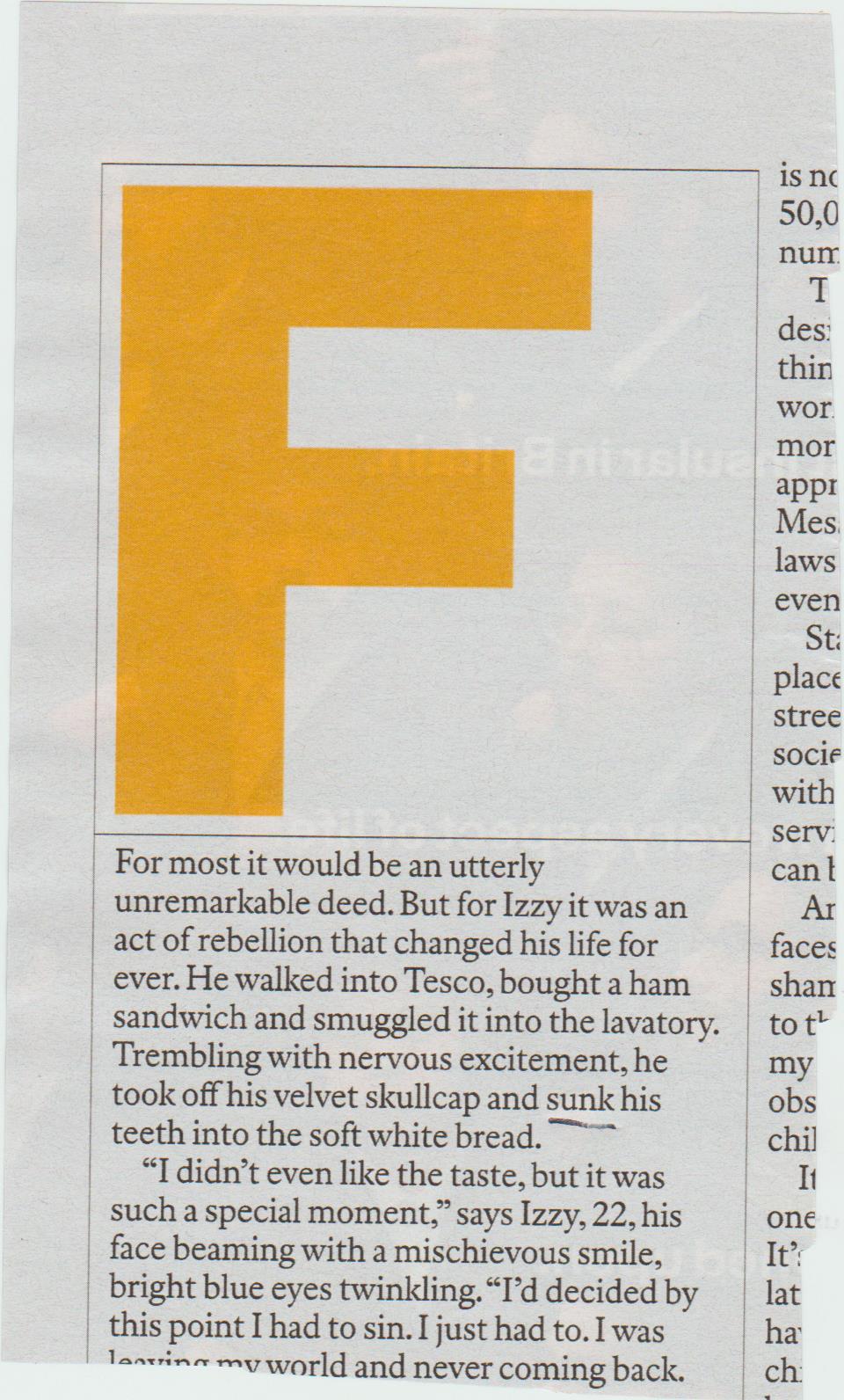 Sunday Times, July 2, 2017
Sunday Times, July 2, 2017
Regular readers will know that this should be ‘sank’, the past tense of ‘sink’. ‘Sunk’ is the past participle, which goes with forms of ‘have’, such as ‘he had sunk his teeth into the sandwich’ or ‘he has sunk his teeth into the sandwich’. ‘Sunk’ is also the passive voice, as in ‘the ship was sunk by a torpedo’. (The passive voice is when something is done to an object, as opposed to the active voice, when a subject does something.)
Since English refuses to stick to rules, I have drawn up a chart of some verbs which seem to cause confusion. I will add more if I think of them. Obviously some verbs, such as ‘swim’, do not have a passive voice, or at least I can’t think of such a sentence.
| Present tense |
Past tense |
Past participle /
pluperfect /
passive |
| sink |
sank |
sunk |
| swim |
swam |
swum |
| shrink |
shrank |
shrunk |
| spin |
spun |
spun |
| swing |
swung |
swung |
| ring |
rang |
rung |
| sing |
sang |
sung |
| fling |
flung |
flung |
| string |
strung |
strung |
| sting |
stung |
stung |
| run |
ran |
run |
| drink |
drank |
drunk |
| wring |
wrung |
wrung |
| cling |
clung |
clung |
| stink |
stank |
stunk |
| bring |
brought |
brought |
| hang |
hung
(execution: hanged) |
hung |
| slink |
slunk |
slunk |
 i newspaper, July 3, 2017 – Page One
i newspaper, July 3, 2017 – Page One Sunday Times, July 2, 2017
Sunday Times, July 2, 2017 The Times, July 1, 2017
The Times, July 1, 2017 i newspaper, July 1, 2017
i newspaper, July 1, 2017